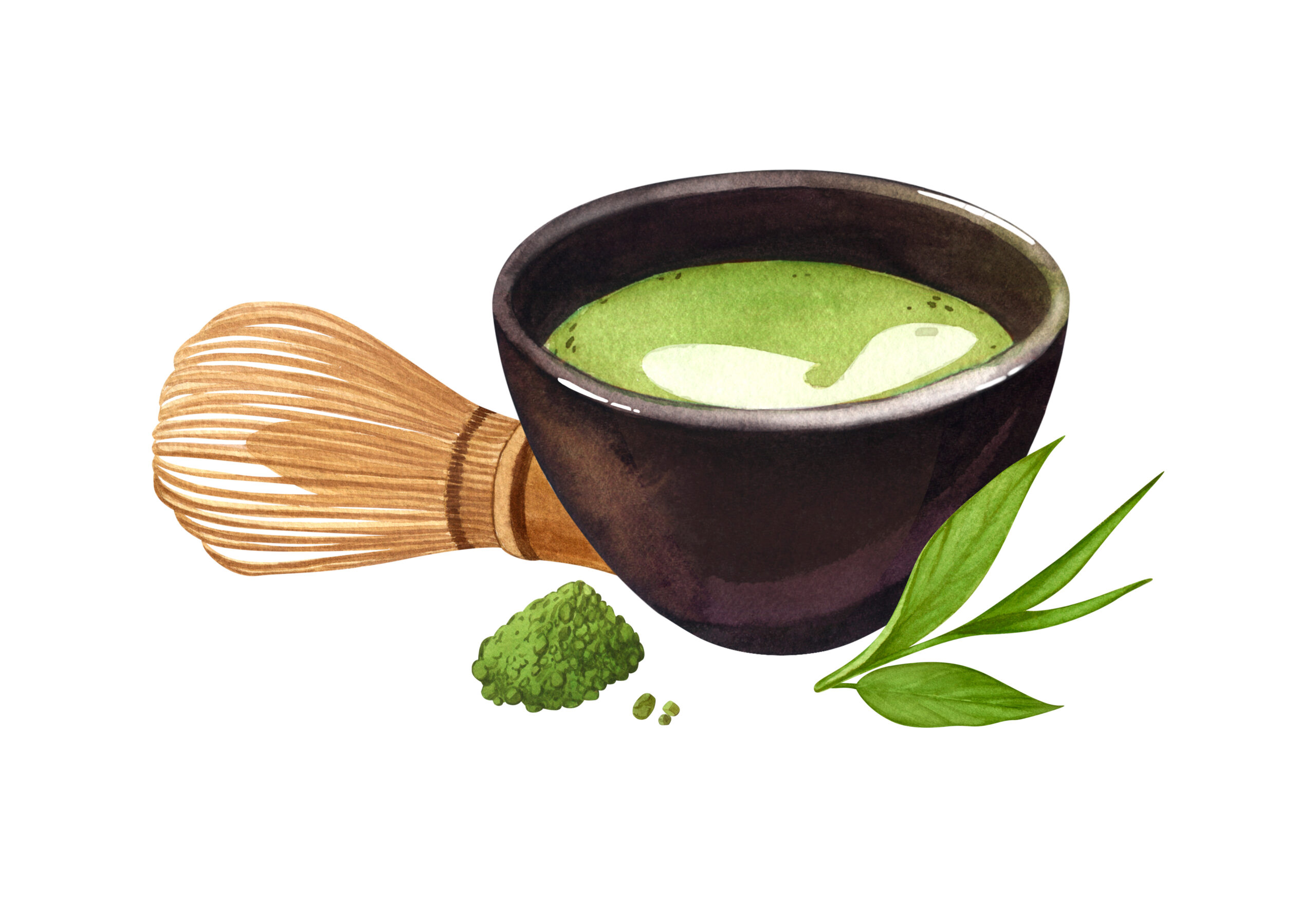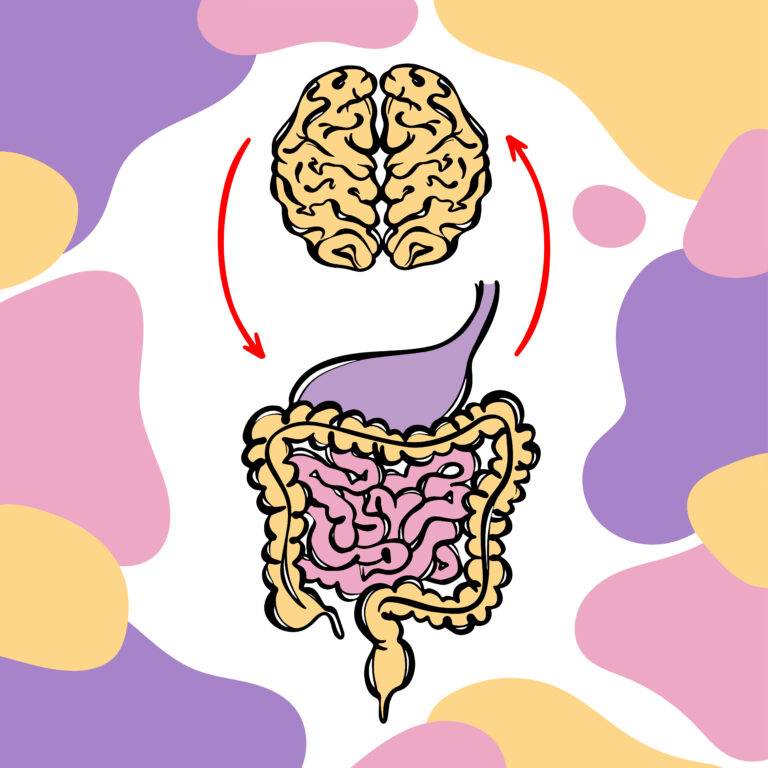With Love, Katie.
Matcha, the finely ground powder of specially grown and processed green tea leaves, has been cherished for centuries in Japanese culture, particularly among Zen monks who used it to enhance meditation and mindfulness practices. So, drinking matcha mindfully will help you through your day.
Its unique combination of caffeine and L-theanine provides a calm alertness, making it a favored choice for those seeking sustained energy without the jitters associated with coffee. Here is a detailed list of Matcha’s benefits to convince you to switch your third coffee to a good matcha latte!
5 Benefits of Matcha: The Green Gold of Calm Energy
Matcha, the finely ground powder of specially grown green tea leaves, has become a beloved ritual in holistic and slow-living circles—and for good reason. Unlike regular green tea, matcha offers a more concentrated dose of nutrients, antioxidants, and grounding energy. Here are five powerful benefits of sipping this vibrant green elixir:
1. Calm Alertness Without the Jitters
Matcha contains caffeine, but paired with L-theanine, an amino acid that promotes relaxation and focus.
This unique combination gives you a calm, steady energy that lasts for hours without the crash often associated with coffee. Perfect for mindful mornings or focused work sessions. (1).
And it is also perfect for moms: it help us stay focused and energized throughout the day, whether we’re chasing toddlers or managing work
2. Rich in Antioxidants (Especially EGCG)
Matcha is loaded with catechins, especially epigallocatechin gallate (EGCG), a potent antioxidant known for fighting oxidative stress, inflammation, and cellular damage. One serving of matcha can contain up to 137 times more EGCG than regular green tea (1).
So once again, if you are a mom, drink matcha! Matcha is packed with EGCG, which supports the immune system and cellular health, and reduces inflammation, very important for us as we are dealing with stress, hormonal shifts, and sleep deprivation for years.
3. Supports Detoxification
Because matcha is shade-grown, it has higher levels of chlorophyll, the pigment responsible for its bright green color. Chlorophyll helps the body detoxify by binding to heavy metals and flushing out toxins, supporting your liver and overall detox systems (1).
4. Enhances Brain Function
Matcha supports mental clarity and cognitive function. The caffeine and L-theanine duo has been shown to improve memory, reaction time, and concentration. It’s a beautiful way to nourish both your body and your mind during study, writing, or meditation (1).
5. Supports Metabolism and Fat Burning
Studies suggest that the catechins in matcha may enhance thermogenesis—the body’s rate of burning calories.
Combined with its gentle caffeine content, matcha may naturally support a healthy metabolism and fat oxidation, especially paired with movement (2).
Here are some tips to make sure you use matcha mindfully.
Listen, matcha can be amazing if prepared with soul and drunk at the right time. Here are some tips to ensure you know when to drink your first and last matcha latte.
Morning Matcha
Starting your day with stirring a good matcha mindfully can offer a gentle energy boost. Unlike coffee, which can cause a rapid spike and subsequent crash in energy levels, matcha provides a more balanced lift due to its L-theanine content: this amino acid promotes relaxation without drowsiness, enhancing focus and reducing stress (article).
For those who practice morning meditation, matcha can be an excellent companion: its calming properties help prepare the mind for stillness, while the caffeine content ensures alertness.
Zen monks have long utilized matcha in their rituals to maintain a state of relaxed concentration during extended periods of meditation.
Pre-Workout Drink
- Consuming matcha about 30 minutes before exercise can enhance performance; naturally, no chemicals are needed.
- The combination of caffeine and antioxidants supports endurance and reduces fatigue.
- Additionally, matcha’s anti-inflammatory properties may aid in recovery post-workout.
Afternoon Drinks?!
- In the afternoon, when energy levels often dip, reaching for matcha instead of coffee can prevent the common pitfalls of caffeine consumption.
- Matcha offers a steadier energy boost without the anxiety or sleep disturbances that coffee can induce.
- Its L-theanine content continues to promote calmness, making it suitable for maintaining productivity and focus during the latter part of the day. And as a mom of two, I believe energy is everything in the afternoon.
Evening: just avoid it.
- Due to its caffeine content, it’s advisable to avoid matcha in the evening, but you would avoid coffee too, don’t you?
- Consuming caffeine late in the day can interfere with sleep quality and disrupt circadian rhythms
- If you’re sensitive to caffeine, consider enjoying matcha earlier in the day and opting for caffeine-free herbal teas in the evening to promote restful sleep, like the lemongrass or lavender tea does.
Potential Interactions
While matcha is generally safe for most individuals, it’s important to be aware of potential interactions. I usually drink two matches per day, however, when I drink one coffee, I only drink one more matcha in the afternoon.
- Iron Absorption
The catechins in matcha can inhibit non-heme iron absorption. To mitigate this, consume matcha between meals rather than with iron-rich foods (3).
- Vitamin B1 (Thiamine)
Excessive consumption of green tea, including matcha, may affect thiamine levels. Ensuring a balanced diet rich in B1 can help counteract this effect (4).
- Pregnancy and Breastfeeding
Due to its caffeine content, pregnant and breastfeeding individuals should consult healthcare providers to determine appropriate consumption levels. You would do the same with coffee to, don’t you?
Moderation is The Key
Matcha can be enjoyed daily as part of a balanced diet. Most experts suggest consuming 1–2 servings/ day, equating to approximately 2–4 grams of matcha powder. This amount provides the benefits of antioxidants and sustained energy without excessive caffeine intake.
Overconsumption, such as drinking 10 or more cups daily, is not recommended and may lead to adverse effects, including digestive discomfort or sleep disturbances. As with all things, moderation ensures you reap the benefits without unintended consequences.
Matcha Mindfully
Incorporating matcha into your daily routine can be more than just a dietary choice; it can become a mindful ritual that enhances well-being. Whether starting your day with a calming cup, preparing for a workout, or seeking an afternoon boost, matcha offers a harmonious blend of alertness and tranquility.
By understanding when to consume matcha and being mindful of its effects, you can fully embrace its benefits and make it a cherished part of your wellness journey.
References
- Kochman J, Jakubczyk K, Antoniewicz J, Mruk H, Janda K. Health Benefits and Chemical Composition of Matcha Green Tea: A Review. Molecules. 2020 Dec 27;26(1):85. doi: 10.3390/molecules26010085. PMID: 33375458; PMCID: PMC7796401.
- Willems MET, Şahin MA, Cook MD. Matcha Green Tea Drinks Enhance Fat Oxidation During Brisk Walking in Females. Int J Sport Nutr Exerc Metab. 2018 Sep 1;28(5):536-541. doi: 10.1123/ijsnem.2017-0237. Epub 2018 Jun 19. PMID: 29345213.
- Fan FS. Iron deficiency anemia due to excessive green tea drinking. Clin Case Rep. 2016 Oct 5;4(11):1053-1056. doi: 10.1002/ccr3.707. PMID: 27830072; PMCID: PMC5093162.
- Piechocka, J.; Szymandera-Buszka, K. Thiamine in Lipid Systems vs. the Antioxidant Activity of Epigallocatechin Gallate and Caffeine. Sustainability 2021, 13, 4644. https://doi.org/10.3390/su13094644







